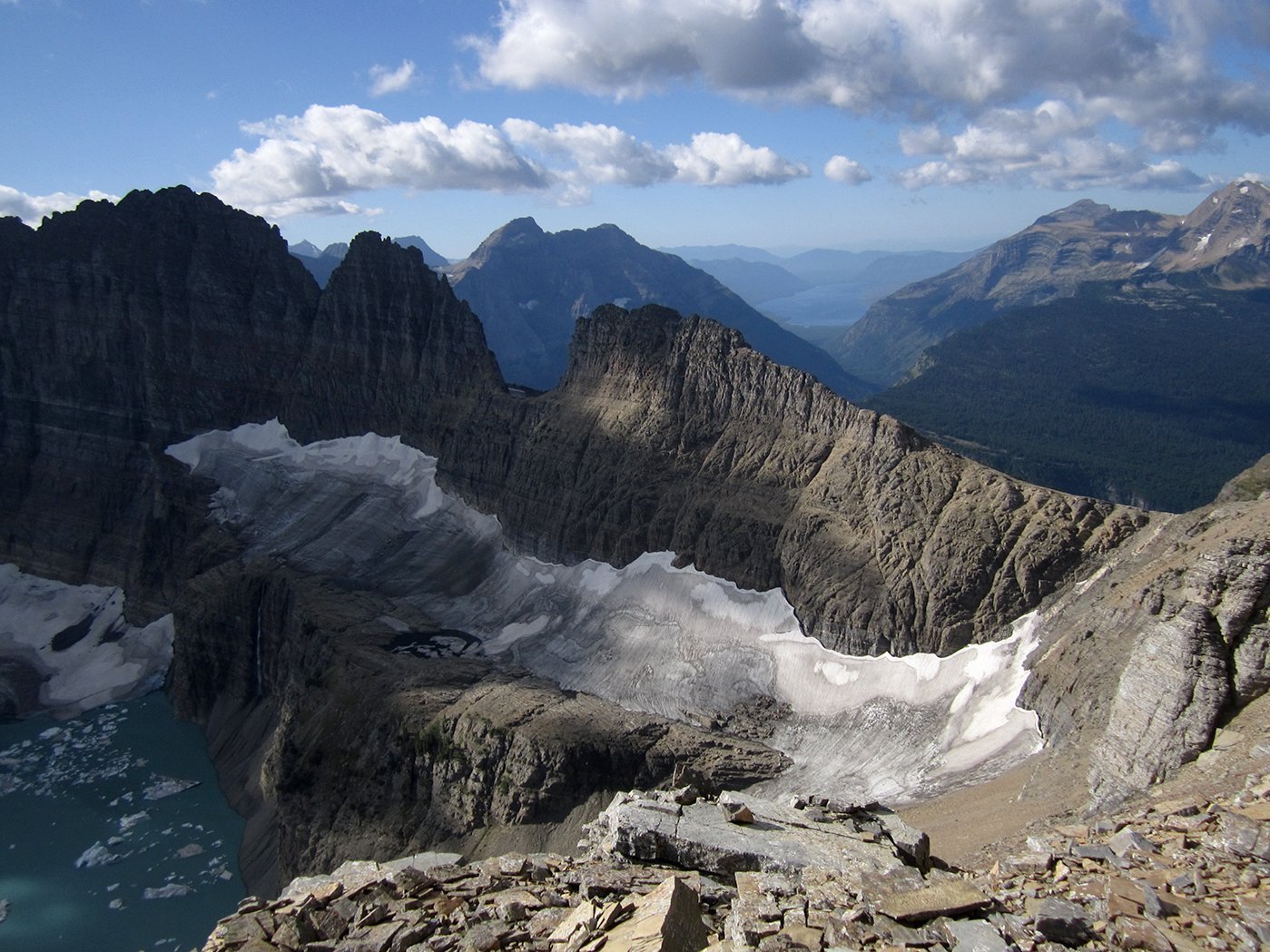Glacier National Park is open for visitors year-round, offering diverse experiences across seasons. While summer provides full access to facilities and roads, winter presents unique opportunities for snow activities. Park hours, restrictions, and available amenities vary significantly throughout the year. Visitors should plan accordingly, considering seasonal closures, weather conditions, and specific area accessibility to make the most of their visit to this stunning natural wonder.
Is Glacier National Park Accessible All Year?

Glacier National Park welcomes visitors throughout the year, but accessibility varies significantly by season:
- Summer (Late May to Early September)
- Peak tourist season
- Most facilities, roads, and hiking trails open
-
Going-to-the-Sun Road typically open mid-June to mid-October
-
Spring and Fall
- Transitional periods with gradual openings/closures
- Spring: Roads and trails open as snow melts (usually by mid-June)
-
Fall: Facilities begin closing mid-September, park accessible until first snowfall
-
Winter (October to May)
- Limited accessibility due to snow and avalanche risk
- Some areas open for winter activities (skiing, snowboarding)
- Special permits required for certain activities
What Are the Visitor Center Hours?

Visitor center hours vary by location and season:
| Visitor Center | Summer Hours | Off-Season Hours |
|---|---|---|
| Apgar | 8 AM – 6 PM (June 11 – Sept 5) | 9 AM – 5 PM (Spring/Fall) |
| Logan Pass | 8 AM – 6 PM (Mid-June – Mid-Sept) | Closed |
| Saint Mary | 8 AM – 5 PM (Mid-May – Mid-Sept) | Closed |
- Winter hours are limited, typically weekends only from 9 AM to 4:30 PM
- Apgar Visitor Center remains open daily from mid-May to mid-December
Are There Any Visitor Restrictions?
Several restrictions and considerations apply for visitors:
- Trail Closures
- Due to snow, ice, or bear activity
-
Backcountry trails typically open mid to late July, close with autumn snowfall
-
Avalanche Risk
- Winter and early spring closures in high-risk areas
-
Winter Permit System for backcountry skiing and snowboarding
-
Environmental Guidelines
- “Leave No Trace” principles recommended
-
Follow general park rules to minimize impact
-
Capacity Management
- No specific limits mentioned
- Visitors advised to plan ahead and be self-sufficient, especially in less crowded seasons
What Entry Fees and Passes Are Required?
Visitors have several options for park entry:
- Day Passes
- Valid until 4:00 PM the day after purchase
-
Provides entry to Glacier and nearby national parks
-
Discovery Pass
- Valid for one full year
-
Access to over 80 national parks, marine conservation areas, and historic sites across Canada
-
Annual Pass
-
Available for specific parks like Mount Revelstoke and Glacier National Park
-
Additional Costs
- No extra fees mentioned for specific activities beyond entry fees and passes
How Does Seasonal Access Affect Visitor Experience?
Seasonal changes significantly impact the visitor experience at Glacier National Park:
Summer (Peak Season)
- Advantages:
- Full access to park facilities and roads
- Ideal weather for hiking and outdoor activities
- Diverse wildlife viewing opportunities
- Considerations:
- Larger crowds and potential traffic congestion
- Advanced reservations recommended for accommodations
Spring and Fall (Shoulder Seasons)
- Advantages:
- Fewer crowds and more tranquil atmosphere
- Unique landscapes with spring blooms or fall foliage
- Considerations:
- Unpredictable weather conditions
- Limited facility and road access
Winter
- Advantages:
- Serene snow-covered landscapes
- Opportunities for winter sports like skiing and snowshoeing
- Considerations:
- Limited access to many areas due to snow and avalanche risk
- Specialized equipment and preparation required
What Activities Are Available Throughout the Year?
Glacier National Park offers a range of activities that vary by season:
- Summer Activities
- Hiking and backpacking
- Scenic drives (including Going-to-the-Sun Road)
- Boating and fishing
- Wildlife viewing
-
Ranger-led programs
-
Spring and Fall Activities
- Photography (wildflowers in spring, fall colors in autumn)
- Bird watching during migration periods
-
Hiking on lower elevation trails
-
Winter Activities
- Cross-country skiing
- Snowshoeing
- Winter wildlife viewing
- Ice climbing (for experienced climbers)
How Can Visitors Prepare for Different Seasons?
Proper preparation is key to enjoying Glacier National Park in any season:
Summer Preparation
- Book accommodations and campgrounds well in advance
- Bring sun protection, insect repellent, and plenty of water
- Check trail conditions and bear activity reports
Spring/Fall Preparation
- Pack layers for variable weather conditions
- Check road and trail status regularly
- Be prepared for potential snow at higher elevations
Winter Preparation
- Bring appropriate winter gear (warm clothing, snow boots, etc.)
- Check avalanche forecasts and obtain necessary permits
- Carry emergency supplies for winter conditions
What Conservation Efforts Should Visitors Be Aware Of?
Visitors play a crucial role in preserving Glacier National Park:
- Wildlife Protection
- Maintain safe distances from animals
-
Proper food storage to avoid attracting wildlife
-
Vegetation Preservation
- Stay on designated trails
-
Avoid picking flowers or disturbing plant life
-
Waste Management
- Pack out all trash
-
Use designated restroom facilities
-
Resource Conservation
- Minimize water usage
- Use environmentally friendly products
By being aware of these conservation efforts, visitors can help protect the park for future generations while enjoying its natural beauty responsibly.